In my last post, I discussed the decision to focus on recycling laboratory gloves instead of tackling the entire waste management system at my University without the support of a larger group of people. Today, I am going to walk through the major players in setting up a nitrile glove recycling program with Kimberly-Clarke’s RightCycle program. Kimberly-Clarke’s recycling program not only reduces the amount of lab waste going to landfills (they estimate that used nitrile gloves account for up to 20% of the waste created by labs), but also encourages laboratories to purchase high quality gloves made using sustainable and socially conscious practices. I am very excited to begin this program! RightCycle probably differs a bit from school-to-school, but these have been my experiences so far.
A local sales manager for Kimberly-Clarke (KC) reached out to me to see if I would be interested in partnering with him in setting up the program at UChicago. I think this contact was made in part because KC learned of a Green Laboratory program at our University. If you are interested in setting up a program, I suggest reaching out to your territory’s sales manager. It sounds like some regions of the country already have the infrastructure in place to recycle gloves, while others do not, so this may impact your Institution's ability to set up a program.
After he reached out to me, I invited one of my active lab manager EcoLeaders, Leslie, to attend the initial meeting during which we discussed the set up of the program and the responsibilities that each party would contribute. Since I have had limited experience with the providers of research materials and do not purchase supplies for my laboratory, inviting Leslie along was tremendously helpful.
KC has provided promotional materials, collection boxes, and the recycling itself. They also are working with the University supply center, run by Fisher Scientific. KC proposed a purchasing deal with Fisher, who will purchase their gloves and then sell them at a very affordable price to the labs.
Once this purchasing deal is finalized, I will work with KC and Fisher to increase awareness of the program. KC provided some really wonderful signs and handouts as well as spoke to many laboratories about the program. Fisher will display the provided signs, and GreenLabs will contact as many labs as possible about the program. Of course I aim for all of my certified labs to participate, but this program has the potential to decrease the environmental impact of many more laboratories, as well!
Lastly, GreenLabs is working with KC to increase the number of collection boxes in the Biology buildings. Once boxes are full, the pallet full of gloves will be shipped to the KC recycling facility. I am still working to obtain funding to ship the gloves, which should initially cost around $100 every few months.
In a future post, I will go into more detail about the finalized pricing for the gloves and the infrastructure behind glove collection.













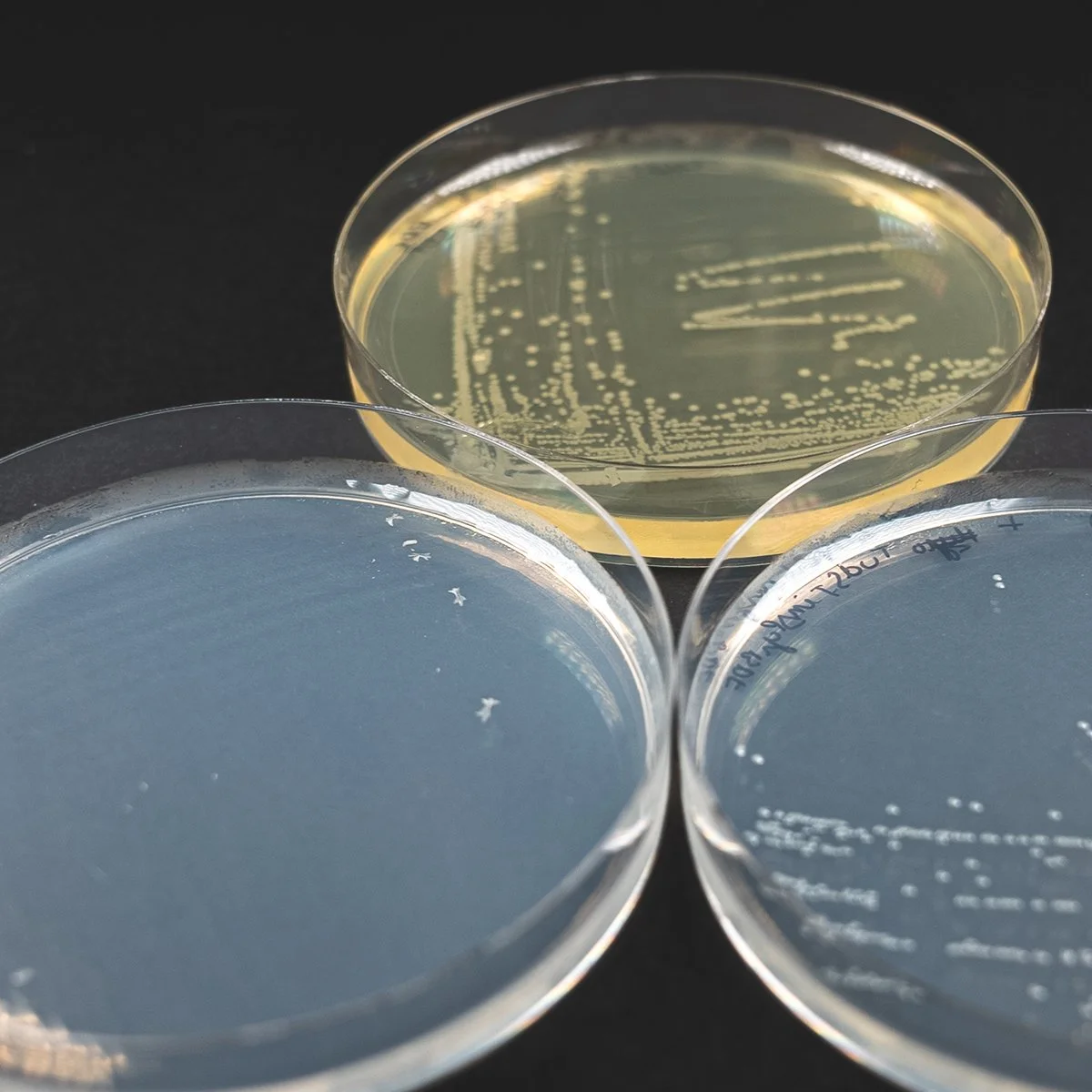


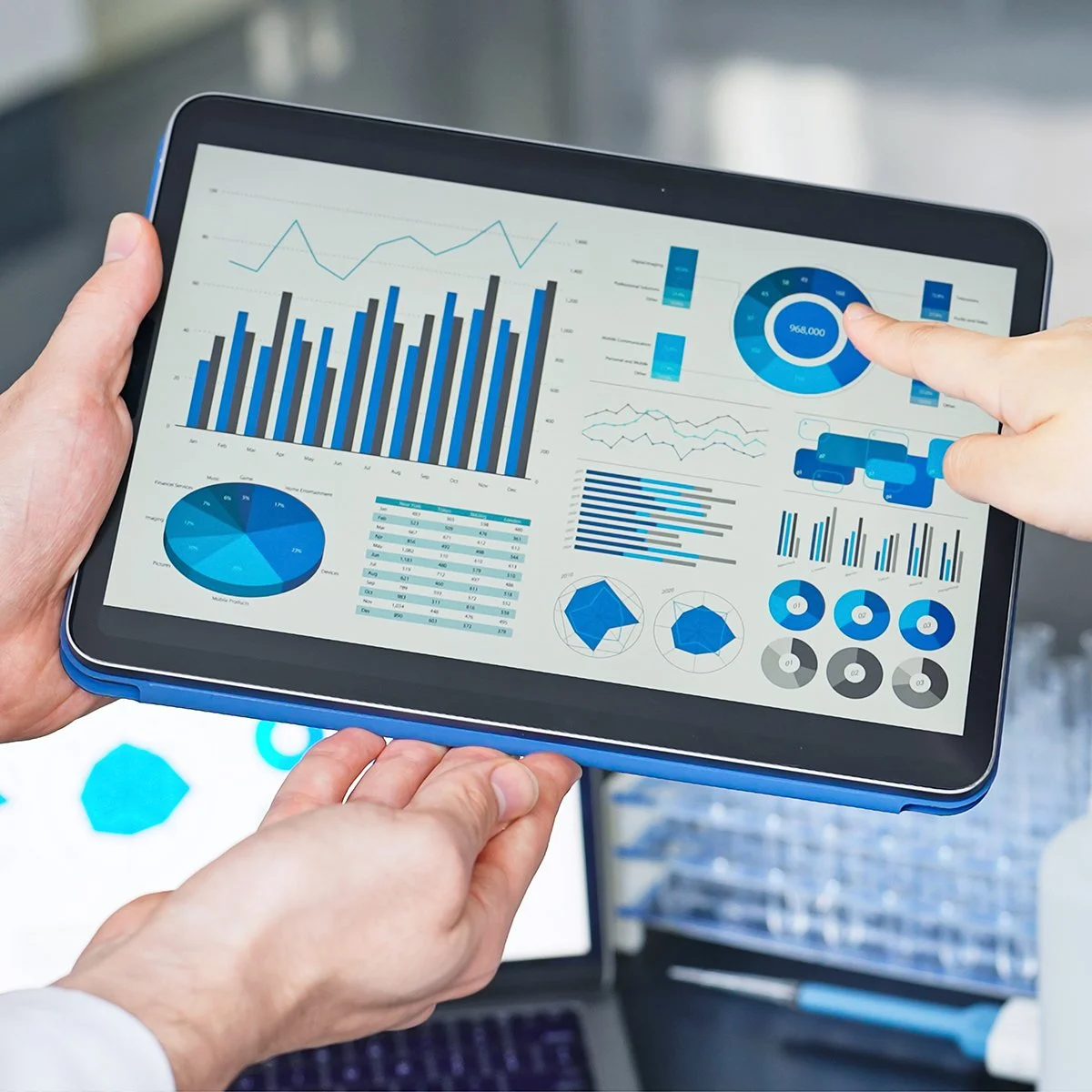
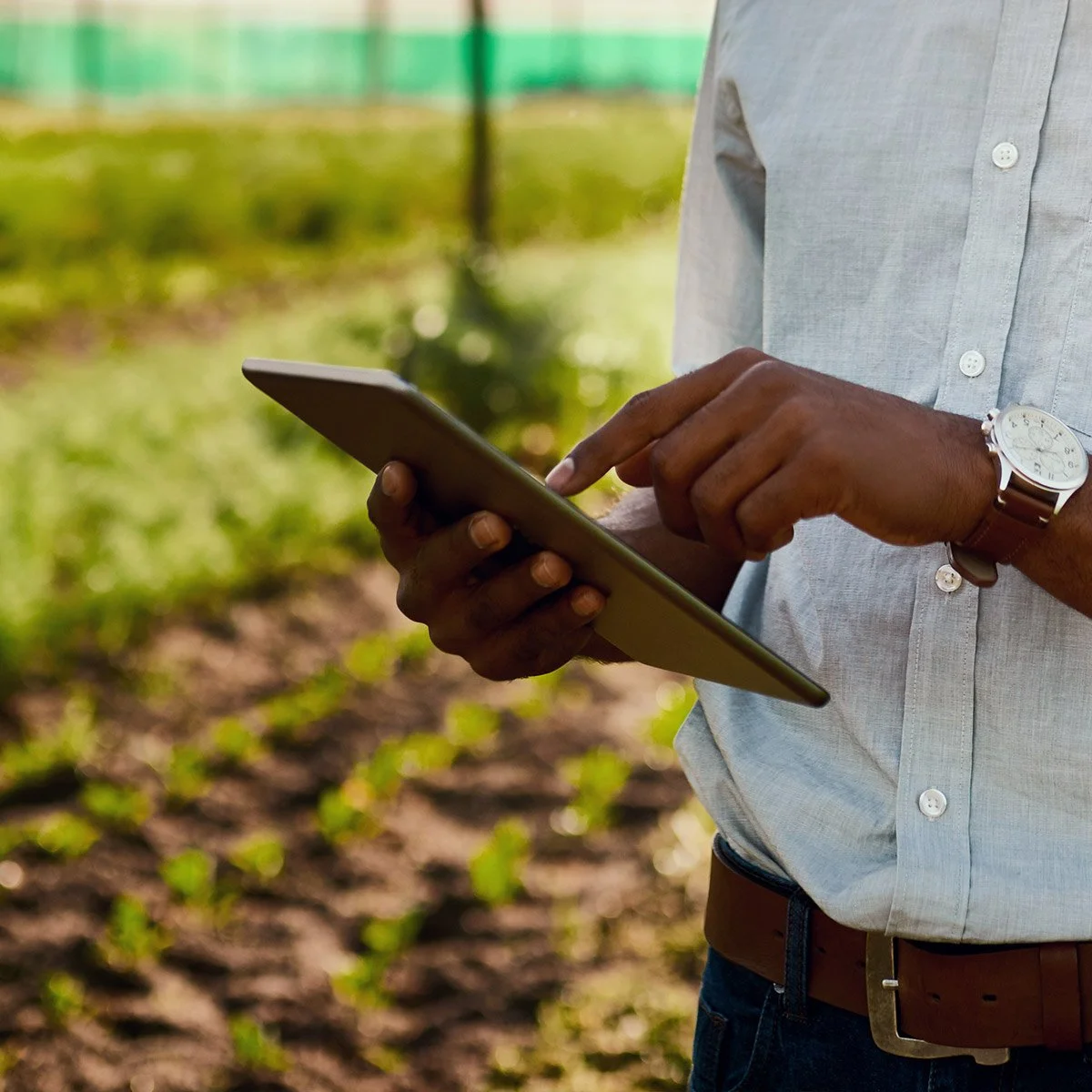
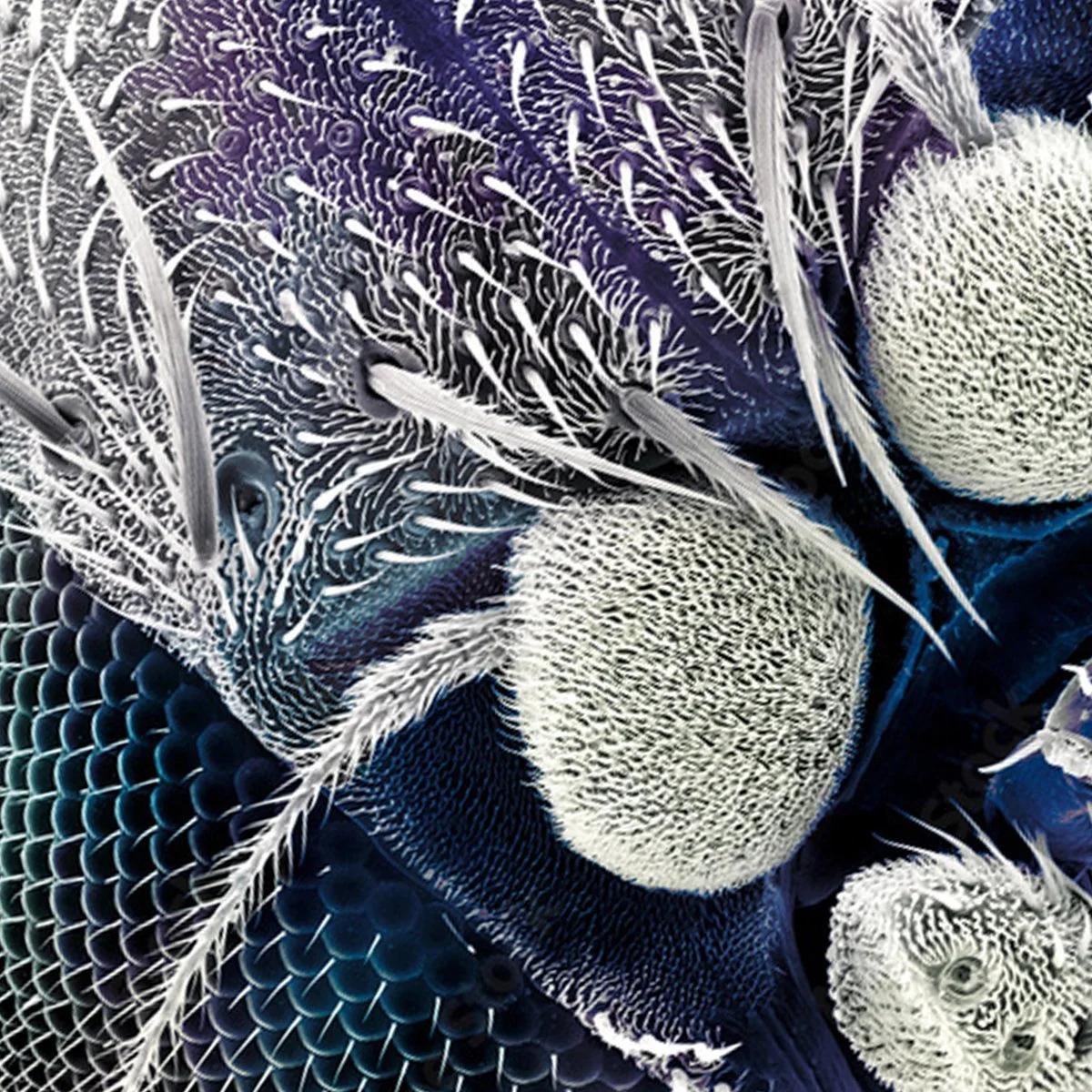
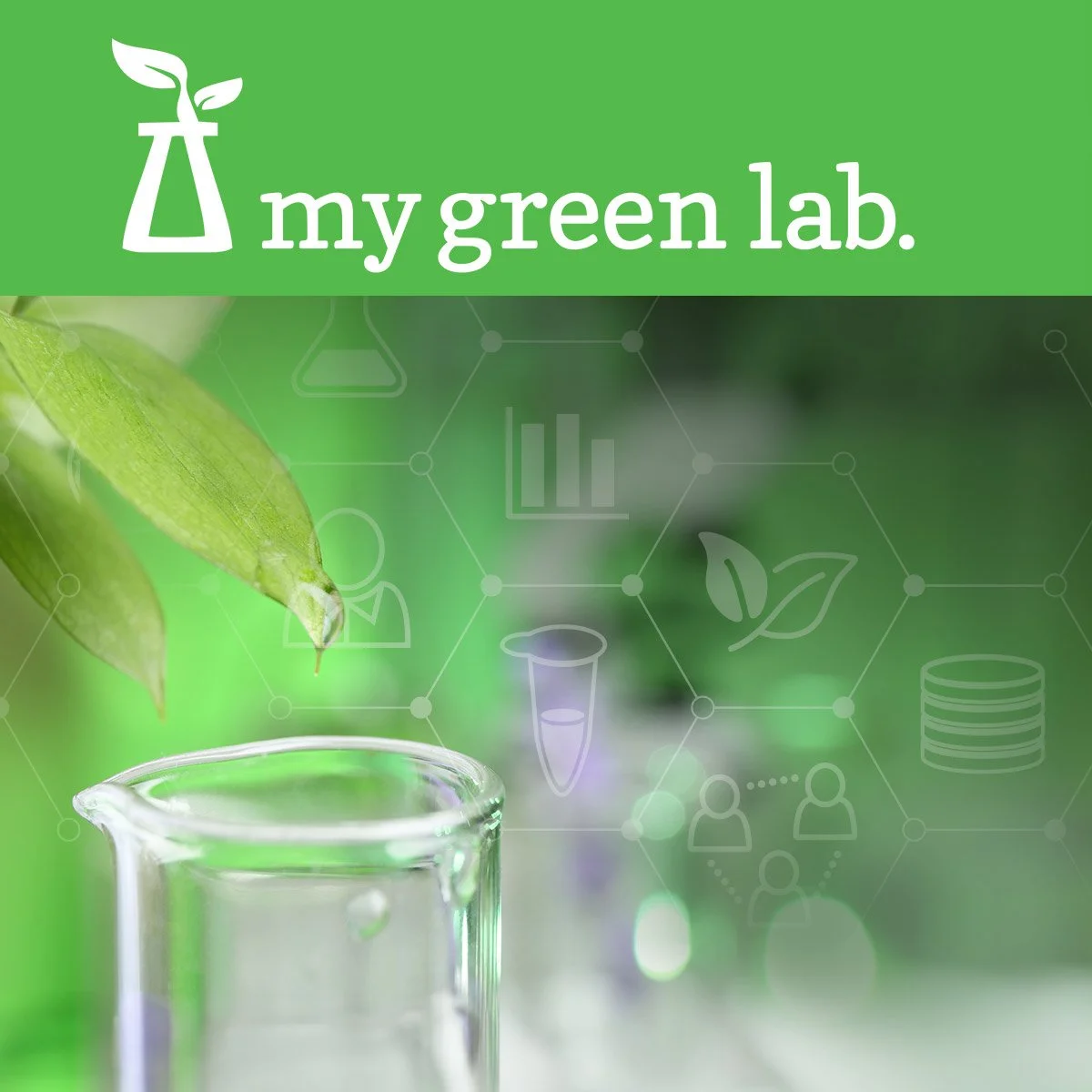
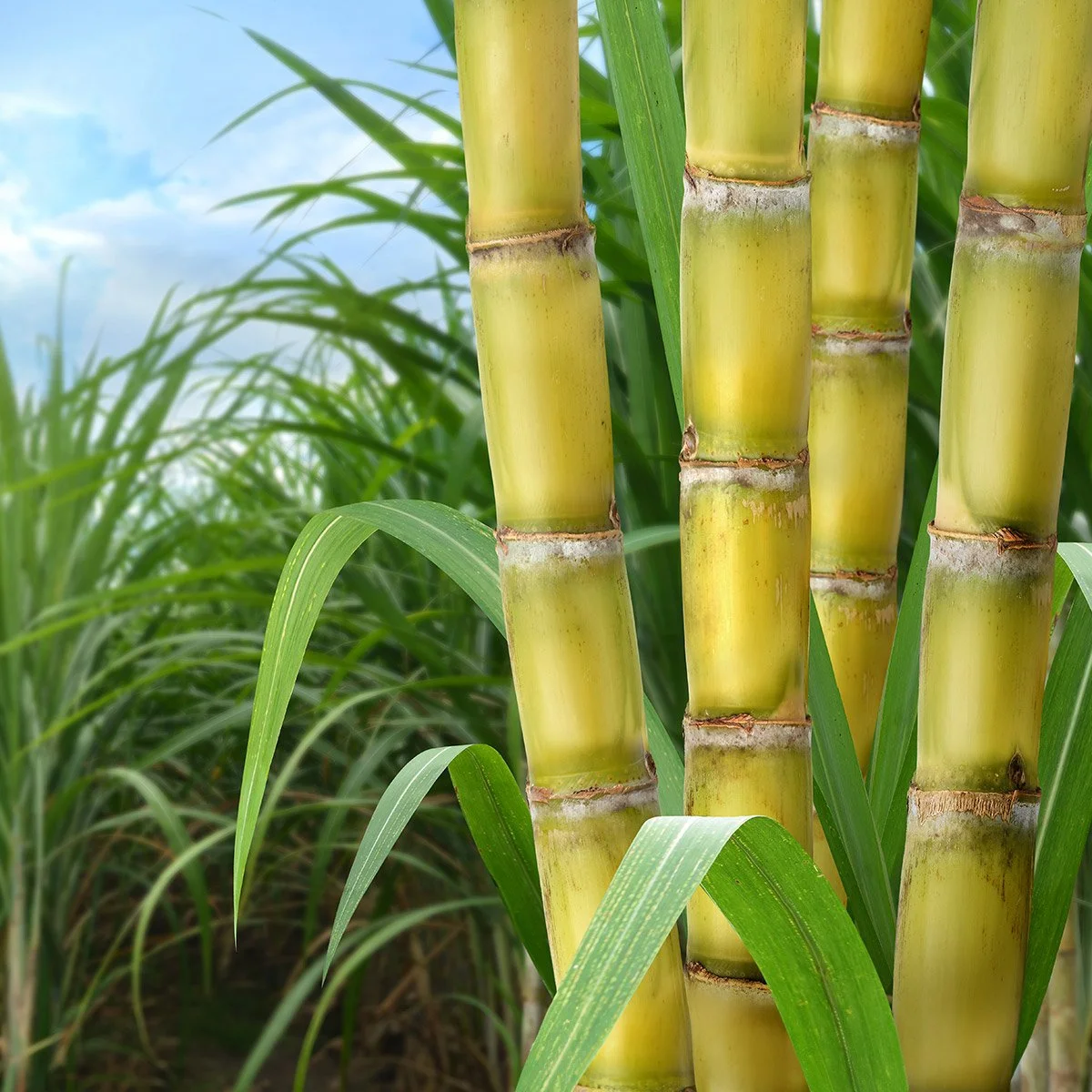
Lab sustainability certification programs are learning tools to help scientists identify changes that will reduce environmental impacts and conserve resources. A key feature of these programs is that they can help research institutions reach sustainability goals without undermining the autonomy of academic lab teams. The catch is that only a minority of labs volunteer to participate. This month, I’m summarizing two recent studies that examined scientists’ perceptions of the benefits and pitfalls of using common programs and offered suggestions on how to improve them.